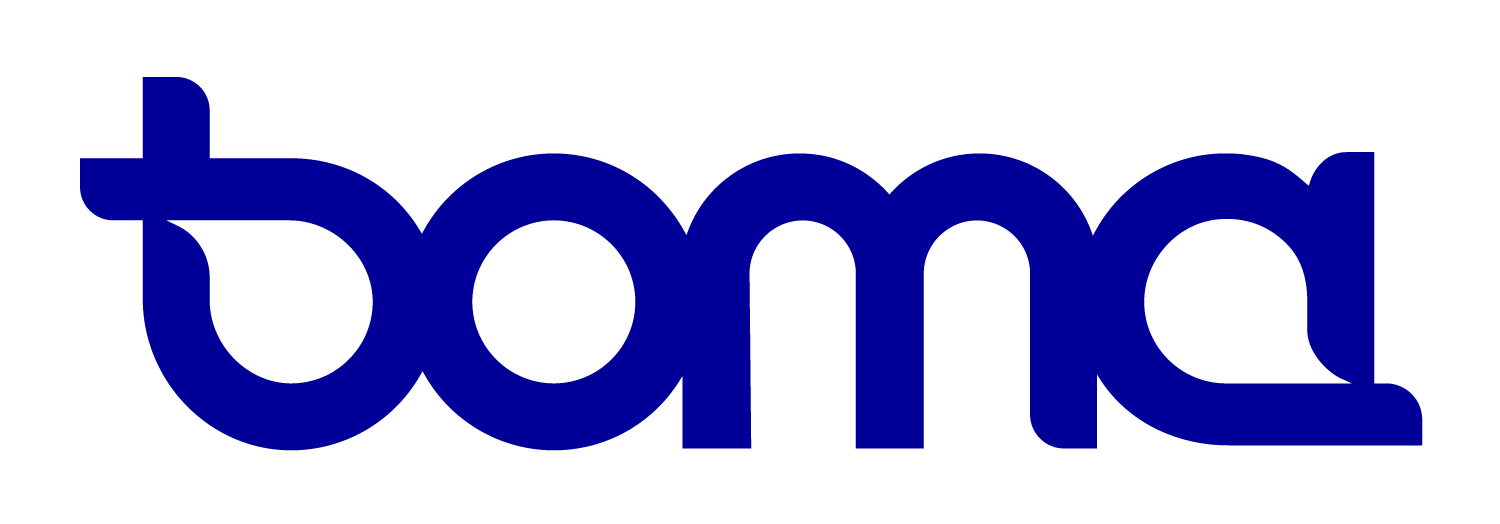Published on MediaPost, 12 March 2022
48 million Americans quit their jobs last year. 4.3 million quit just this January. The Great Resignation is in full swing, and employers are scrambling to figure out what they need to do to hold onto talent.
One obvious strategy is to pay more. Progressives are calling for the minimum wage to be raised from its current $7.25/hour — where it’s been for more than a decade — to $15/hour. But, as Gravity Payments CEO Dan Price points out, if the minimum wage were tied to productivity, it would actually be closer to $25/hour.
So, yeah. Pay people more. But there’s more to it than that. Donald Sull, Charles Sull and Ben Zweig (hereafter called “the trio”) analysed 1.4 million Glassdoor reviews to figure out why people were quitting. What they found surprised them: the single biggest predictor of attrition wasn’t wages, but culture. Specifically, a toxic corporate culture is 10.4 times more likely to contribute to attrition than compensation.
These results don’t surprise me in the slightest. As part of my day job, I support companies and leaders to build cultures of courage — a role that gives me a front-row seat to how normalised toxicity is in our workplaces.
But there was something else in their data that caught my eye: higher attrition is also found in companies that are more innovative. For example, at Tesla, one of the most innovative companies the trio looked at, workers are 3.8 times more likely to quit than at Ford.
The trio have an idea why this might be so. “Staying at the bleeding edge of innovation typically requires employees to put in longer hours, work at a faster pace, and endure more stress than they would in a slower-moving company,” they explain. “The work may be exciting and satisfying but also difficult to sustain in the long term.”
I’m sorry: I call bullshit. Understand what is being suggested here: that in order to be innovative, cutting-edge, future-focused, you need to disregard employee well-being.
We’ve carried this myth for a long time. Steve Jobs led a generation of entrepreneurs to believe he was successful because he was an asshole, rather than in spite of it. Elon Musk is following squarely in Jobs’ footsteps.
It is a dangerous and destructive idea, one that glorifies toxicity in the name of achievement. And it can yield results, to a point: whipping a horse harder will cause it to run faster — until it can’t run at all.
But it is possible to be innovative and look after people. It’s not only possible, it creates far better overall outcomes.
Dan Price himself is a great example, as I wrote last year. Gravity Payments offers a $70k/year minimum wage and tracks metrics like how many employees own their own homes. Since they implemented those policies in 2015, productivity and revenue have tripled.
They’re not alone. Seer Interactive, one of Fortune’s 2020 100 fastest growing inner city companies, has a minimum wage of $65k, invests heavily in supporting employees to volunteer, and is shifting to “remote-first” because company principals view this workplace setup as better for employees. The owner, Wil Reynolds, turns down two to three offers to buy the company per week. Read that last sentence again.
Maybe those companies aren’t good enough for you. Maybe you wouldn’t be satisfied unless you were a multibillionaire CEO at the helm of a trillion-dollar company.
If that’s your jam, fine. But let’s not pretend a toxic culture is required for innovation, a necessary evil on the road to “progress.” We can and must expect better.
Kaila Colbin, Certified Dare to Lead™ Facilitator
Co-founder, Boma Global // CEO, Boma NZ



